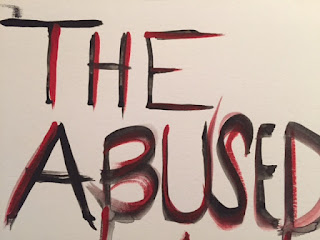How to Write a Page-Turner

I just finished my new novel titled The Abused . I also received feedback from my focus group of early readers. Responses were all extremely positive with the common comment being “I couldn’t stop reading it.” I get asked all of the time, “How do I write a page-turner?” My answer may sound simple, but it’s not easy to do. The main ingredient to writing a page-turner is to create constant intrigue. Your reader must be interested and intrigued enough to want to keep reading. How do you create intrigue? Tip #1: Show don’t tell . Last night I read a chapter from The Abused. “I love the way you built up the tension. How did you do it?” So let me give you the set up scene from the book… On this outing, Frank was in his usual laid-back mood. Jonesy had gotten up early ready to jog. They were standing in front of the morning fire watching the gray tin coffee pot that sat on the grill begin to bubble up. Jonesy wore a green jogging suit, and Frank had on...
